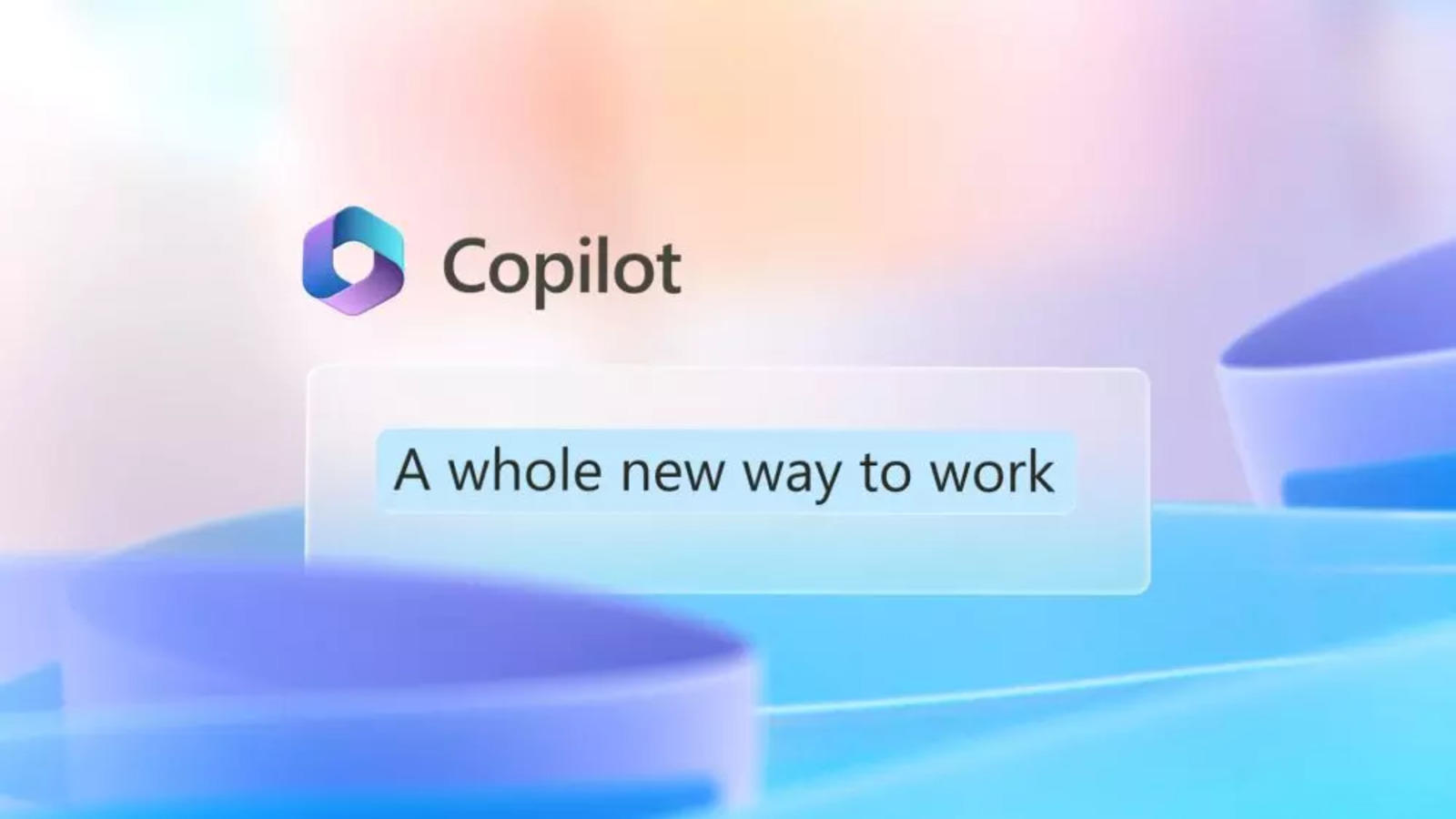Zoom wants to train its AI models using some of your data, according to the recently updated Terms of Service.
The latest update to the video platform’s terms of service adds sections on software licensing, beta services, and compliance, but if you skip that, the fine print appears to be a key decision in Zoom’s AI strategy. The update, effective from July 27, asserts Zoom’s right to use certain aspects of customer data to train and fine-tune its artificial intelligence or machine learning models.
“Services Generated Data” that Zoom can now use to train AI includes customer data about product usage, telemetry and diagnostic data, and similar content or company-collected data. It does not offer an opt-out.
It’s not an uncommon category of data that companies can use for these purposes, but the new terms are a measured step toward Zoom’s own AI goals.
The update comes amid growing public debate about the extent to which AI services should be trained on individuals’ data. However redundant it purports to be. Chatbots such as OpenAI’s ChatGPT, Google’s Bard, and Microsoft’s Bing, as well as image creation tools such as Midjourney and Stable Diffusion, are trained on groups of online text or images. In recent months, lawsuits have been filed in the AI sector by writers or artists who claim to see their own work in the products of AI tools.
Zoom’s terms say, “You consent to the access, use, collection, creation, modification, distribution, processing, sharing, maintenance, and storage of information provided by the Service for any purpose by Zoom to the extent and in any manner permitted by applicable law, including machine learning, or artificial intelligence (including training and tuning algorithms and models).”
Client content, such as messages, files, and documents, does not appear to be in this category. Zoom explained in a blog post, “At AI, we do not use audio, video, or chat content to train our models without the customer’s consent.” The key phrase is “without the customer’s consent”.
In June, Zoom introduced two new generative AI features — a meeting summarization tool and a tool for writing chat messages — as free trials for customers to decide whether to use or not. But when a user turns on these features, Zoom asks them to sign a consent form that allows Zoom to train its AI models using their unique customer content.
Zoom wrote in a blog post, “Your content will only improve the performance and accuracy of these AI services.”
A company spokesperson said in a statement, “Zoom customers decide whether to enable generative AI capabilities and, in particular, whether to share customer content with Zoom to improve the product.”





